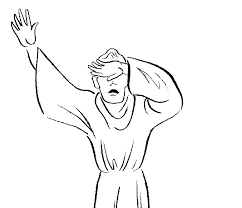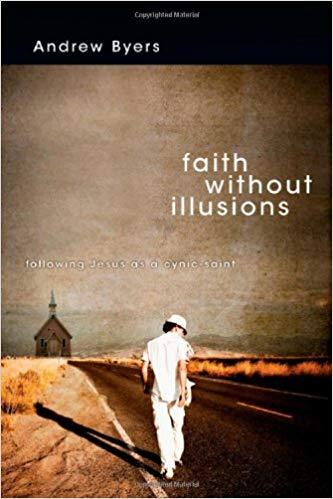Lament, Psalm 79
O God, the nations have invaded your inheritance;
they have defiled your holy temple,
they have reduced Jerusalem to rubble.
-Psalm 79:1
they have defiled your holy temple,
they have reduced Jerusalem to rubble.
-Psalm 79:1
The life of faith is sustained because of who God is and the surety of his promises, rather than the visible circumstances.
-Timothy Tennet

Timothy Tennet:
This psalm falls into a category known as lament. To lament something is to express deep sorrow or grief. It is clear from the very first verse of Psalm 79 that this is a lament: “O God, the nations have invaded your inheritance; they have defiled your holy temple.

Timothy Tennet:
"O God, the nations have invaded...!"
Asaph is lamenting, but more importantly, he is enshrining this lament in an act of worship for the people of God and, through the inspiration of the Holy Spirit, for all of us through the history of the church! Why is this?

Tennet:
One important reason can be found in the important difference between lament and despair. Sometimes the language of despair and the language of lament can be quite similar, but the difference is the destination of the journey. The destination of despair is hopelessness.

The destination of lament is hope. Despair leads us to cynicism, or even suicide. Lament leads us to deep trust and learning to “live by faith, not by sight.” Asaph would not be lamenting before God unless he had hope in God’s promises + the future prospects for the people of God

Tennet:
We know he is lamenting, and not despairing, because toward the end of the lament he prays, “Help us, O God our Savior, for the glory of your name; deliver us and forgive our sins for your name’s sake” (v. 9). That is a prayer of hope in the midst of pain.

In our own lives, may we learn to embrace lament, not despair, because lament is the song of hope. For Christians, all of life is framed with hope because our deepest lament and God’s greatest victory meet at the cross of Jesus Christ.
-Timothy Tennet, Lament as the Song of Hope: Psalm 79

Comments
Post a Comment